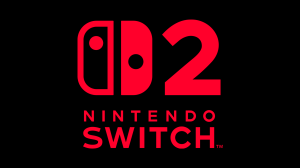
It’s been a fairly busy day for Microsoft news. Following rumors and speculation that the company was considering taking EA under its wing, Microsoft announced its acquisition of PlayFab, a live games platform with a few valuable IPs under its belt. Both Microsoft and PlayFab celebrated with new blog posts, packed with information and light teases on what to expect from this development over the coming year.
Videos by ComicBook.com
Kareem Choudhry, Corporate Vice President of Gaming at Microsoft, praised PlayFab’s development tools and explained how the studio would work with Microsoft Azure, a cloud computing platform that has been developing for a while. “Over 1 billion people play games, fueling a thriving industry whose ecosystem is evolving and growing quickly. Many industries are moving to the intelligent cloud, and this trend is true in gaming as well,” wrote Choudhry. “This means an increasing number of developers are looking to create connected games for mobile, PC and console devices that have a significant emphasis on post-launch operations. However, the cost and complexity of achieving this through custom-built, server-side tools and technologies is high, and PlayFab offers developers a compelling model that scales naturally with their games’ players.”
PlayFab’s team sounds just as excited. “Today we power more than 1,200 live games, and have served over 700 million players. We process more than 1.5 billion transactions a day, nearly 20,000 transactions a second. Our technology is used by some of the biggest entertainment companies, including Disney, NBC Universal, Wizards of the Coast, Nickelodeon, Bandai Namco, Rovio, and Capcom, as well as fast-growing indies like Fluffy Fairy, Nvizzio, and Hyper Hippo,” the team wrote on their blog. “Microsoft, with its deep expertise in gaming and cloud computing, is a perfect home for PlayFab as we expand our platform and features. Our customers are worldwide, and Microsoft’s global presence and world-class Microsoft Azure server infrastructure complement PlayFab’s services, making it even easier for studios to focus on building great games instead of back end technology.”
The tech is expected to make a huge impact on Microsoft’s live game development and cloud services, so stay tuned for more news on the developer side.








